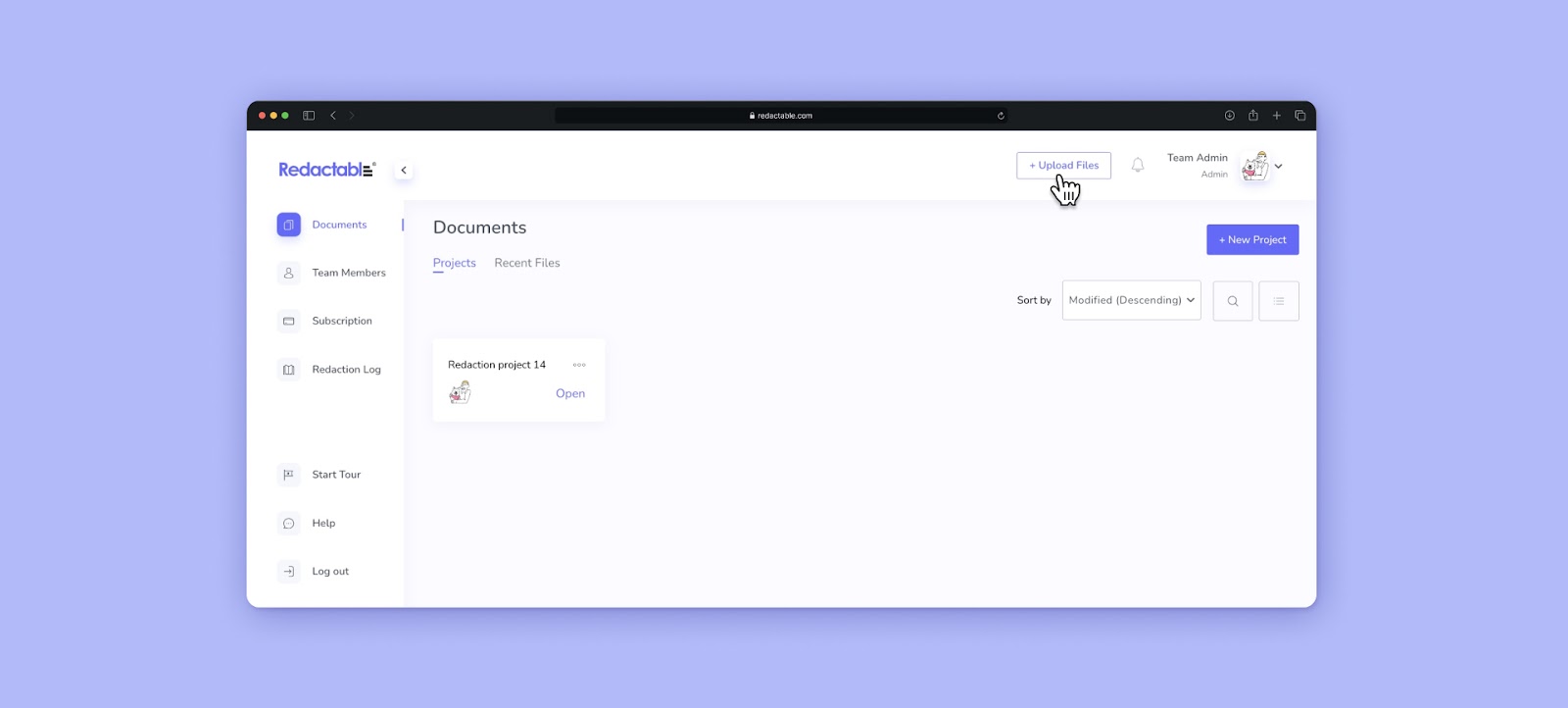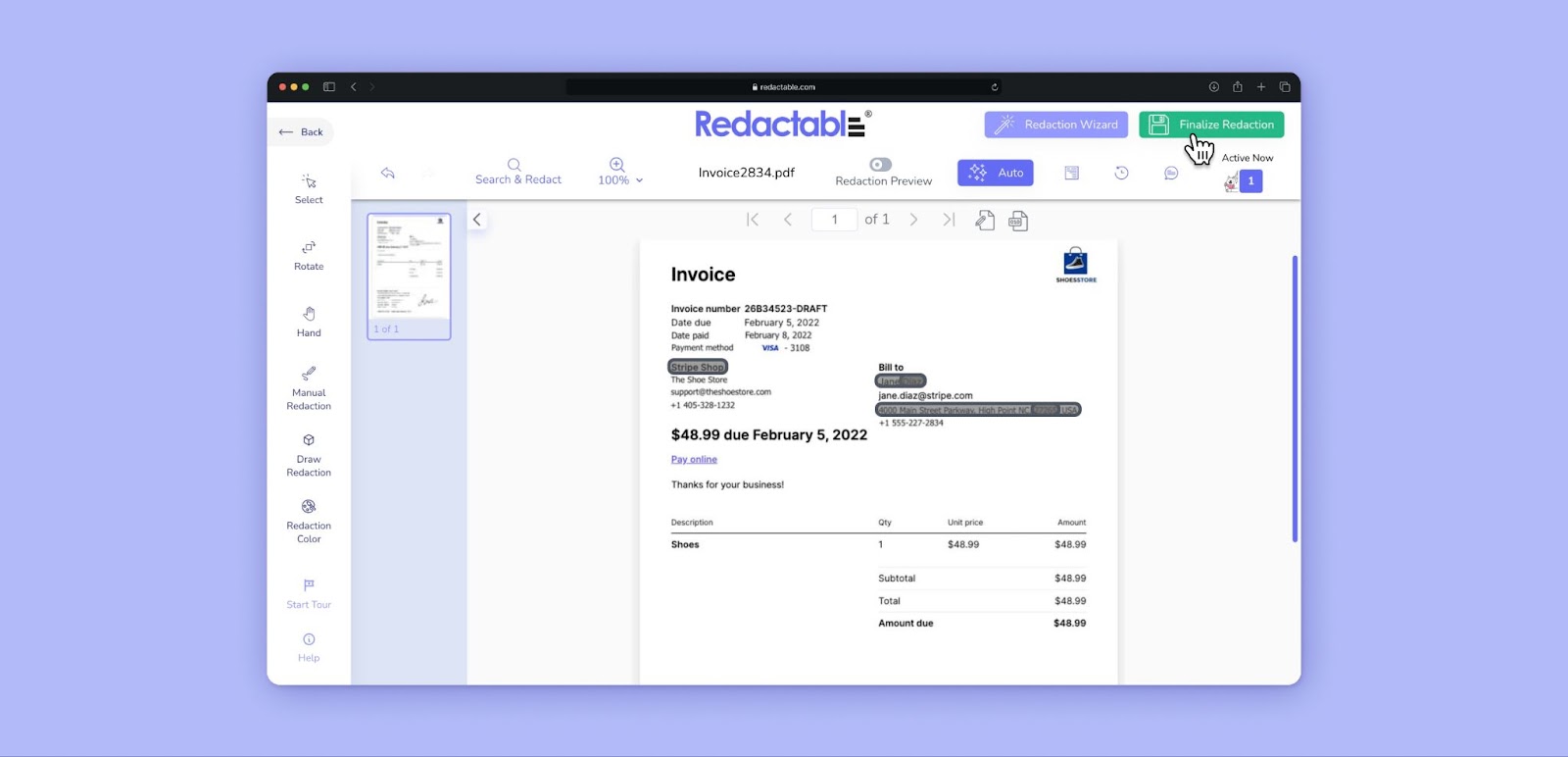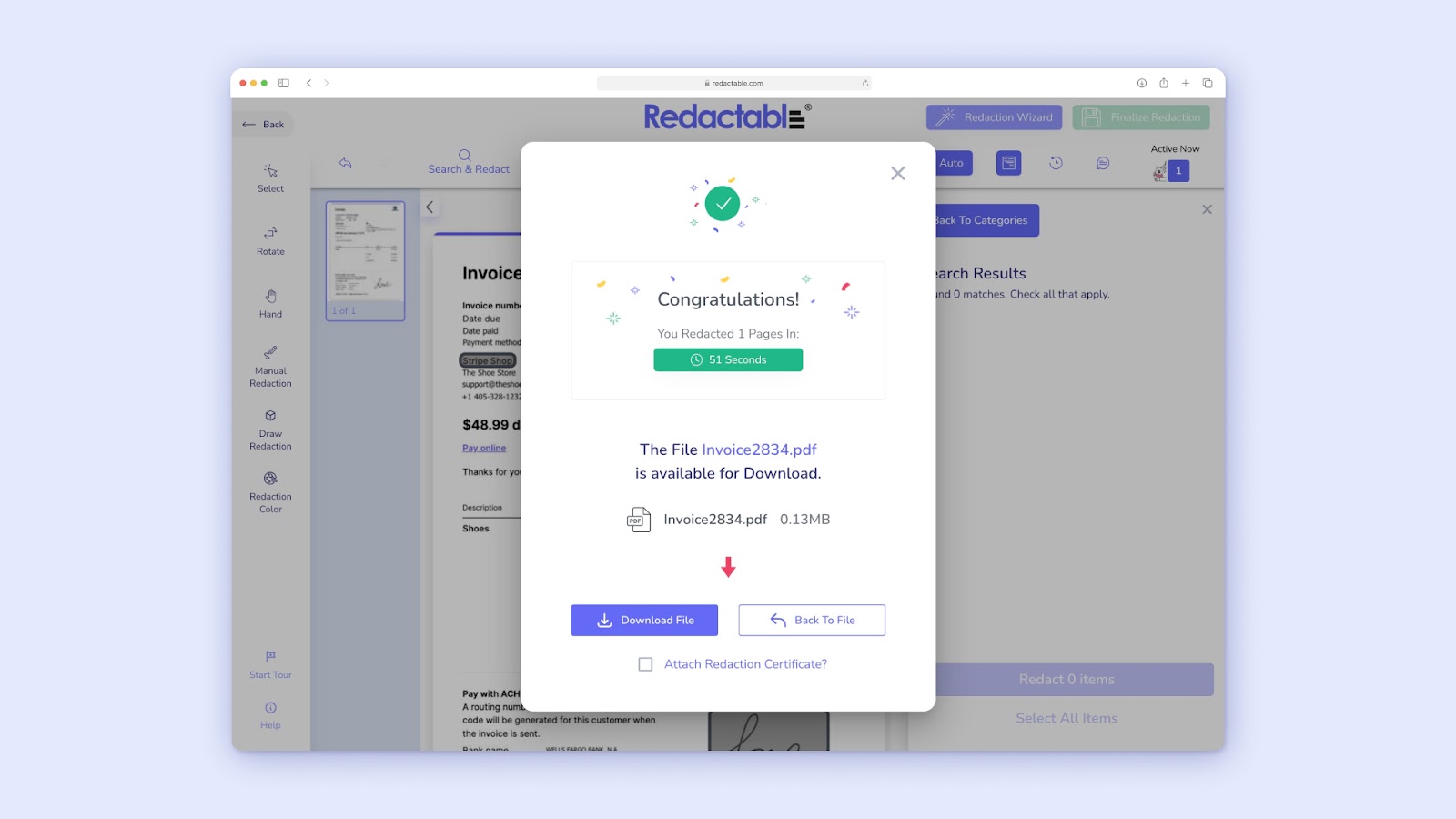AI redaction software for race blind charging: CA Penal Code Section 741

The American justice system's core principle of equal treatment under the law faces a significant but subtle challenge: unconscious bias in prosecutorial decision-making. As awareness of this issue has moved front and center, innovative solutions have emerged to address the challenges head-on.
To ensure a fair and equitable criminal justice system, prosecuting agencies need to prevent unconscious bias from influencing charging decisions. Race blind law initiatives such as California’s Assembly Bill 2778 and Section 741 of the California Penal Code are vital steps toward achieving this goal.
These statutes mandate that all California prosecution offices comply with race-blind charging guidelines and that personnel conducting an initial review of a case for potential charging should not have any knowledge about the race of the suspects, victims, or witnesses. In practice, this means police reports and criminal histories must be redacted before they reach prosecutors to make race-blind charging possible.
However, any case can involve hundreds or thousands of pages and manually redacting every instance of sensitive information can be complex, highly time-consuming, and prone to human error. AI-powered automated redaction from Redactable is the game-changer your prosecution agency needs to save time while effectively preventing bias.
Why redaction is necessary for race blind charging?
While statues have long suggested that Lady Justice is blind, in reality, research shows that unconscious bias can be a powerful factor that influences individuals and skews the outcomes of criminal cases in a variety of ways.
Unconscious bias involves implicit preferences, preconceived ideas, or prejudices that affect our evaluation of others without our conscious awareness. These biases can be triggered by subtle indicators, such as names, accents, or zip codes, often putting minority groups at a disadvantage.
For example, a study by the National Registry of Exonerations found that individuals of a minority race were seven times more likely than those of other demographics to be falsely charged with a crime.
Another report by the United States Sentencing Commission revealed that individuals in minority groups received, on average, sentences that were 13.4 percent longer than larger demographic groups.
To live up to the justice is blind ideal, fair charging should be based solely on the evidence. That’s why race-blind charging is a growing practice across the country.
Redaction is central to compliance with Section 741 of the California penal code because it prevents potentially bias-inducing information from being included in the initial review of criminal cases. This helps stop unconscious bias from influencing charging decisions, as prosecutors can’t be biased by what they don’t know.
What to redact for race blind charging?
To practice race blind charging, prosecution agencies must carefully scrutinize any documents involved, including police reports, criminal histories, and witness narratives to remove all racial identifiers from documents. This means any information that could be associated with a particular ethnic group, such as:
- Names
- Photographs
- Descriptions of appearance
- Ethnic or cultural references
- Neighborhood or geographical indicators
- Family background or surnames
Tracking down every instance of data that could indicate a racial group is not only time-consuming and tedious, but it’s also error-prone. It’s easy to miss contextual identifiers that could allow bias to leak through, especially when manually examining hundreds or thousands of pages. Fortunately, there’s a better way to ensure that charging decisions are fair – AI-powered redaction.
Interested in learning more?
Key benefits of using AI redaction software for blind race charging
AI redaction tools can efficiently reduce bias in legal proceedings, help prosecution agencies comply with guidelines from the California Department of Justice, and minimize human error. Advanced tools like Redactable are capable of automatically scanning documents, using machine learning algorithms to quickly and intelligently identify sensitive information wherever it appears and remove it all with just a single click. With Redactable, prosecution agencies can effortlessly redact any document in minutes.
How Redactable ensures justice is blind?
Our AI redaction software is designed to be incredibly intuitive and browser-based, with no installation or download required. Simply log in and start redacting. Here’s how it works:
Once logged in, start by uploading your document by clicking “Upload Files.”

Then, click “Auto” to let Redactable instantly and automatically scan your document and mark words and phrases for potential redaction.

When you’re done, just click “Redact” and then “Finalize Redaction” to download a copy of your redacted file and a court-admissible Redaction Certificate.


With Redactable, you can:
- Prevent unconscious bias from influencing charging decisions
- Redact documents up to 98% faster than Adobe
- Efficiently remove racial identifiers and other sensitive information from police reports, witness statements and any other documents
- Maintain compliance with Assembly Bill 2778 and Section 741 of the California Penal Code
- Leverage collaboration features to jointly redact documents from any location
- Keep track of every redaction with audit trails and redaction certificates
- Free up your team’s time for more complex tasks
Find out more about how Redactable can save you time, streamline your workflow, and ensure your firm stays compliant with our automated legal redaction software.
Frequently asked questions
Section 741 of the penal code mandates that prosecution agencies within the California Department of Justice implement an initial review of criminal cases to make charging decisions without knowing the race or ethnicity of the individuals involved in the case.
Redaction allows racial identifiers to be removed from police reports and other case documents before they are provided to prosecutors. This prevents bias from infecting prosecutorial decisions.
Information that needs to be redacted for blind race charging includes names, photos, descriptions of physical appearance, and other racial or cultural indicators.
Automated redaction software, such as Redactable, streamlines race-blind charging by quickly and accurately removing racial and ethnic information from legal documents. Ensure thorough compliance with race-blind guidelines thanks to advanced, AI-powered redaction.



